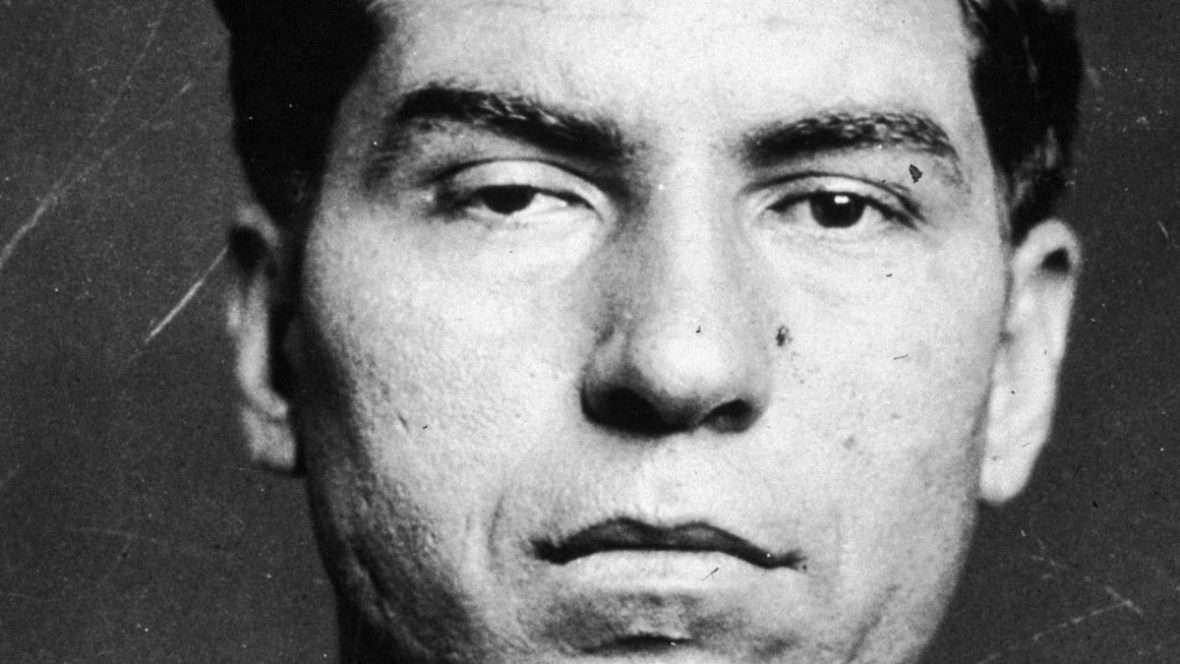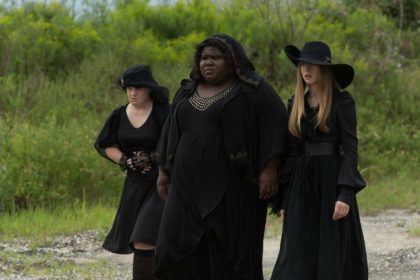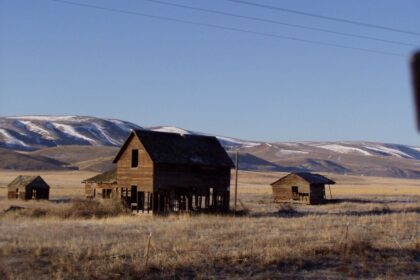Charles “Lucky” Luciano, born Salvatore Lucania, was an influential Italian-born mobster, criminal mastermind, and crime lord who operated mainly in the United States. Luciano is considered the father of modern organized crime in the United States for the establishment of the first Commission. Take a look below for 30 more interesting and scary facts about Charles “Lucky” Luciano.
1. He was the first official boss of the modern Genovese crime family.
2. He was, along with his associates, instrumental in the development of the National Crime Syndicate.
3. Luciano was tried and successfully convicted for compulsory prostitution and running a prostitution racket in 1936 after years of investigation by District Attorney Thomas E. Dewey.
4. He was given a 30 year prison sentence, but during World War II, an agreement was struck with the Department of the Navy through his associate Meyer Lansky in order to protect New York’s harbors from Axis U-boats.
5. Dewey almost failed to keep his end of the bargain, and it took months to finally come up with a solution to release Luciano.
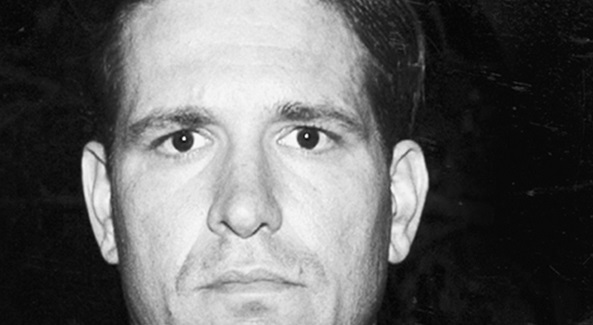
6. He was deported to live his life freely outside the United States.
7. Luciano was born on November, 24, 1897, in Lercara Friddi, Sicily, Italy. His parents, Antonio and Rosalia Capporelli-Lucania, had four other children: Bartolomeo, Giuseppe, Filippa and Concetta.
8. His father worked in a sulfur mine in Sicily.
9. His father was very ambitious and persistent and eventually moved to the United States.
10. Luciano recounts in his semi-autobiography “the Last Testament of Lucky Luciano: the Mafia Story in His Own Words,” that his father always had a new Palermo-based steamship company calendar each year and would save money for the boat trip by keeping a jar under his bed.
11. He mentions in the book that his father was too proud to ask for money, so instead his mother was given money by Luciano’s cousin in secret, named Rotolo, who also lived in Lercara Friddi.
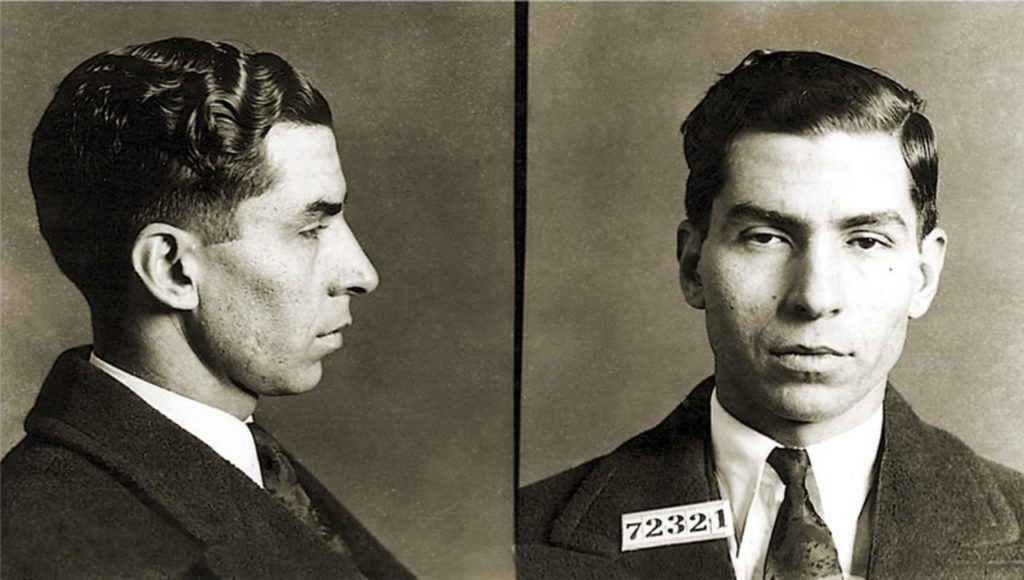
12. In April, 1906, when Luciano was 9 years old, the family emigrated to the United States. They settled in New York City in the borough of Manhattan on its Lower East Side, a popular destination for Italian immigrants.
13. At the age of 14, Luciano dropped out of school and started a job delivering hats, earning $7 per week. However, after winning $244 in a dice game, Luciano quit his job and went to earning money on the street.
14. That same year, Luciano’s parents sent him to the Brooklyn Truant School.
15. As a teenager, Luciano started his own gang and was a member of the old Five Points Gang.
16. Unlike other street gangs, whose business was petty crime, Luciano offered protection to Jewish youngsters from Italian and Irish gangs for 10 cents per week.
17. he was also learning the pimping trade in the years around World War I. Around this time, Luciano also met Meyer Lansky, his future business partner and close friend.
18. It’s not clear how Luciano earned the nickname “Lucky”. It may have come from surviving a severe beating by three men in the 1920s, as well as a throat slashing. This was because Luciano refused to work for another mob boss.
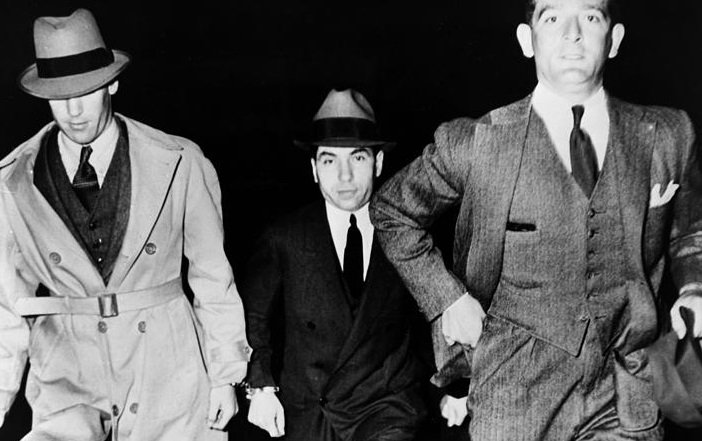
19. From 1916 to 1936, Luciano was arrested 25 times on charges including assault, illegal gambling, blackmail and robbery, but spent no time in prison.
20. The name “Lucky” may have also been a mispronunciation of Luciano’s surname “Lucania.”
21. When World War II started, the United States government struck a secret deal with the imprisoned Luciano.
22. He agreed to use his criminal connections in Italy to advance the Allies’ cause and to facilitate negotiations. The State of New York transferred Luciano from Clinton prison to Great Meadow Correctional Facility in Comstock, New York.
23. Luciano promised to completely assist the Navy in exchange for a commutation of his sentence.
24. It’s believed that he provided the United States military with Mafia contacts in Sicily, and also informed his contacts to co-ordinate with the United States military.
25. After the war, he went to Italy briefly before travelling to Cuba.
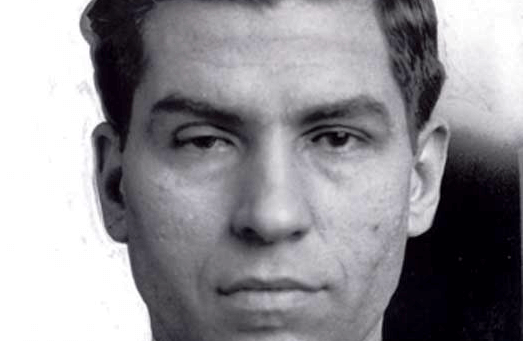
26. The Cuban government sent him back to Italy in 1947, where he spent the remainder of his days.
27. Luciano met Gay Orlova, a featured dancer in one of Broadway’s leading nightclubs, Hollywood, in 1929. They became involved in a romantic relationship that lasted until he went to prison.
28. He fell in love with Igea Lissoni, an Italian nightclub dancer in 1948. The couple started living together and there were rumors that they got married.
29. In spite of his love for Igea, he continued having flings with other women. Igea died of cancer in 1959. Luciano never had any children.
30. Luciano died of a heart attack on January 26, 1962.

